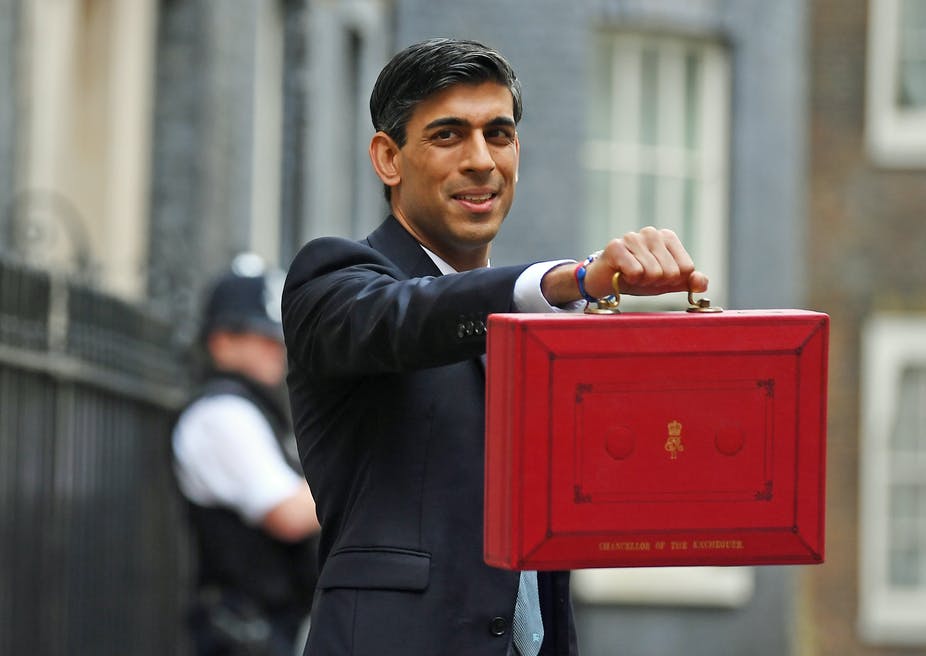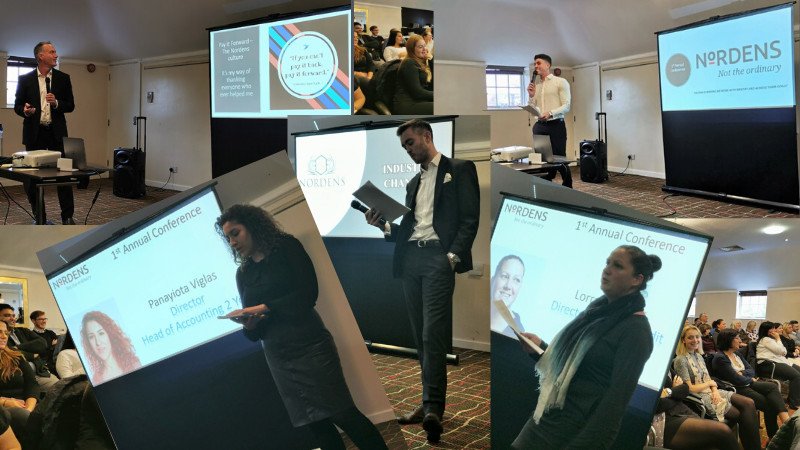Yet again, the brilliant Luke Johnson’s Animal Spirits column strikes a chord with business owners. This week he discusses issues relating to staff motivation and constructive feedback – factors that are important to successful business growth. We’re pleased to share this article with you, courtesy of the Sunday Times.
Is the carrot or stick a better device with which to motivate staff?
Of course, it is much easier to criticise than to praise — we can all see faults and focus on shortcomings — but constant moaning is not effective in motivating people. It can wear them down and eventually alienate them. Better to try to see the best in everyone when you can and pay tribute if it is deserved, and always try to praise in public — and criticise in private.
One golden rule is that if you dish it out, you must be able to take it. This is partly about fairness, and partly because you need to understand what a rap on the knuckles feels like. It’s extraordinary how sensitive very demanding bosses can be to the slightest hint of disapproval. Unfortunately, too many men in a position of power surround themselves with sycophants, and the leader becomes used to endless flattery, unable to cope with censure of any kind. Companies under that sort of command usually end up in trouble.
Nit-picking and disparagement are harmful when done for their own sake. Criticism should be constructive whenever possible — pointing out solutions and giving specific instructions and information, rather than just carping. Unfortunately, most of us are not good at receiving feedback; we tend to react emotionally and take everything personally. Curiously, writing a newspaper column like this gives one practice at taking both the good and the bad: while many readers make kind comments, others don’t hold back in delivering harsh views.
Bosses who admit their own failings are more likely to find acceptance when they deliver blunt opinions of others. Of course, it is always better to present such judgments in a diplomatic manner if the message is a painful one — even if this requires a patience that I tend to lack.
However, I always think it is better to be straightforward with people rather than devious. I have worked with partners who flatter you while simultaneously plotting your demise. I prefer someone who is tough but honest — then you know where you stand.
There is a widespread view that positive feedback and compliments are more powerful tools than negativity. Depending on the recipient, there is truth in this: many of the highest- achieving entrepreneurs I’ve known have been world-class at making their teams feel terrific. Endless congratulation wears thin, however. As the poet Alexander Pope wrote: “Praise undeserved is scandal in disguise.”
Moreover, those who strive for greatness in their organisation should not be satisfied with mediocrity. Improvements come from correcting errors, rather than ignoring them.
You cannot just tell managers how good they are; you also need to point out mistakes. If you give plaudits even for shoddy work, few members of your staff will stretch themselves. You should be relatively sparing and specific in your accolades, and mean it when you deliver one — intelligent employees will know if you are sincere. Make them feel more sought-after thanks to their relative scarcity, and they will strive harder to receive praise.
Workers like nice managers who never reprimand subordinates, even when they do a poor job, but avoiding conflict so that colleagues like you is not a recipe for personal or corporate success. Business is full of hard choices, and the best-performing companies typically adopt a philosophy of relentless change, striving and progress — a sense of being dissatisfied with the status quo. That is a difficult culture to adopt if the leaders are afraid to correct deficiencies.
I enjoy working with entrepreneurs who are robust about feedback. As long as they believe you know what you are doing, and that your interests are aligned, they can swallow their pride and may even change their ways. They come from backgrounds where there was vigorous and healthy disagreement and debate at home. Other entrepreneurs are eternal optimists, and cannot deal with bad news or disapproval. They lack the confidence to manage challenge and doubt. They feel rejected by anyone who is not a believer. I find this sort of personality is particularly prevalent in the media and arts sector, which is overburdened with needy and egotistical types overprecious about their “creativity”. Fragility is not an asset in the rough and tumble of commerce.
We all want to be appreciated for our efforts — but too much applause can be just as harmful as disparagement.
__________________________
If you have any issues relating to business growth, including brainstorming new ways to get the best out of your team, we’d be delighted to help. Call us on 020 8530 0720 or email paula.w@nordens.co.uk.




































































































































































































































































































































































































































































































